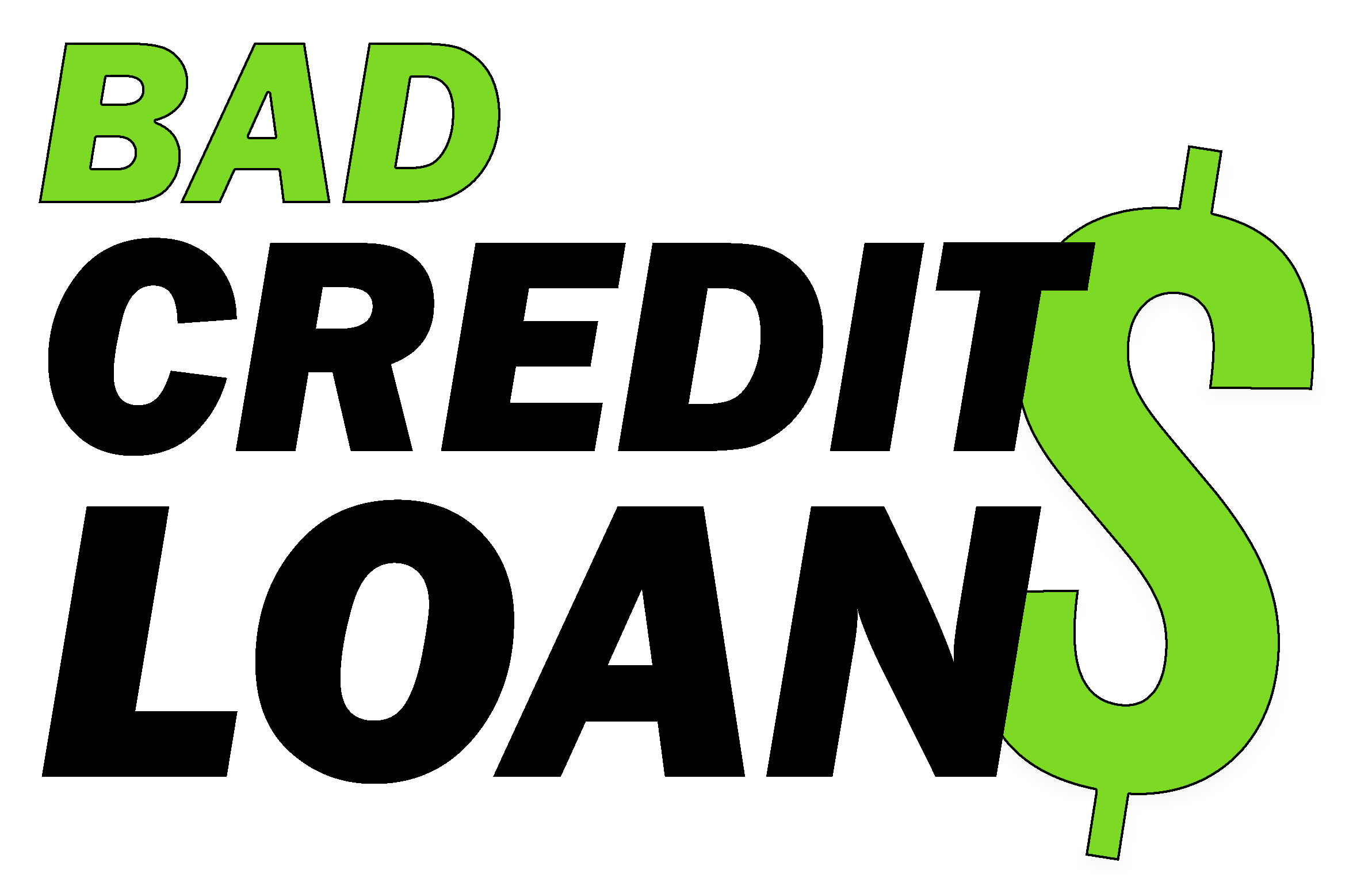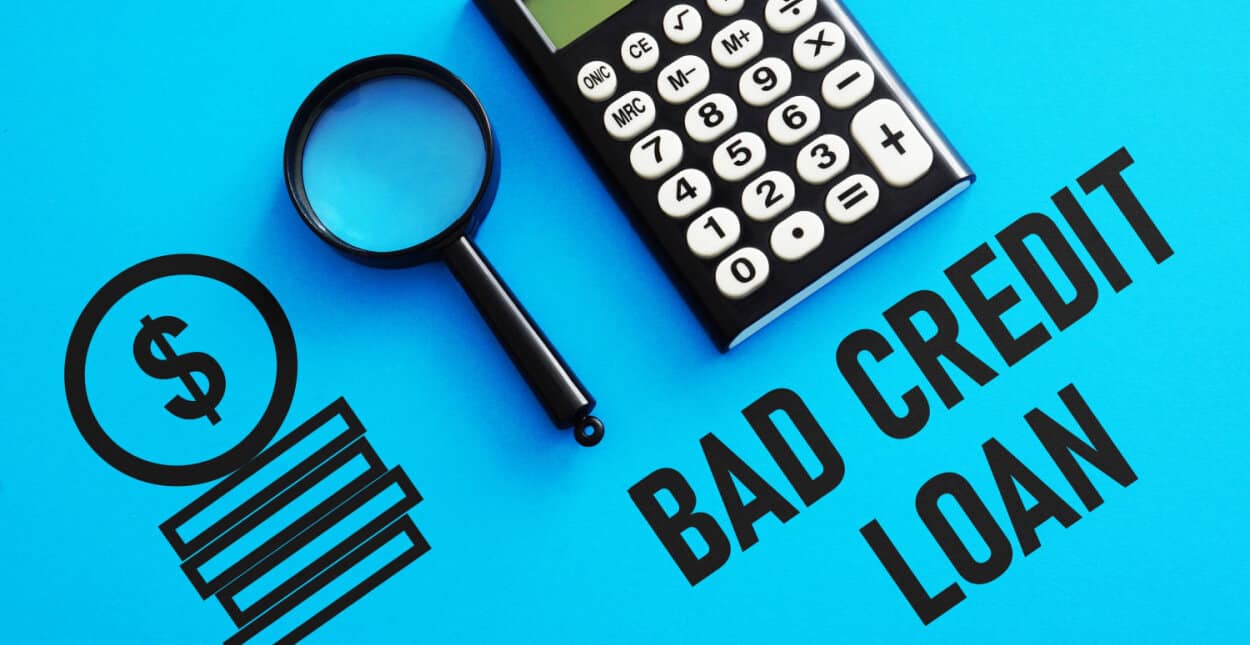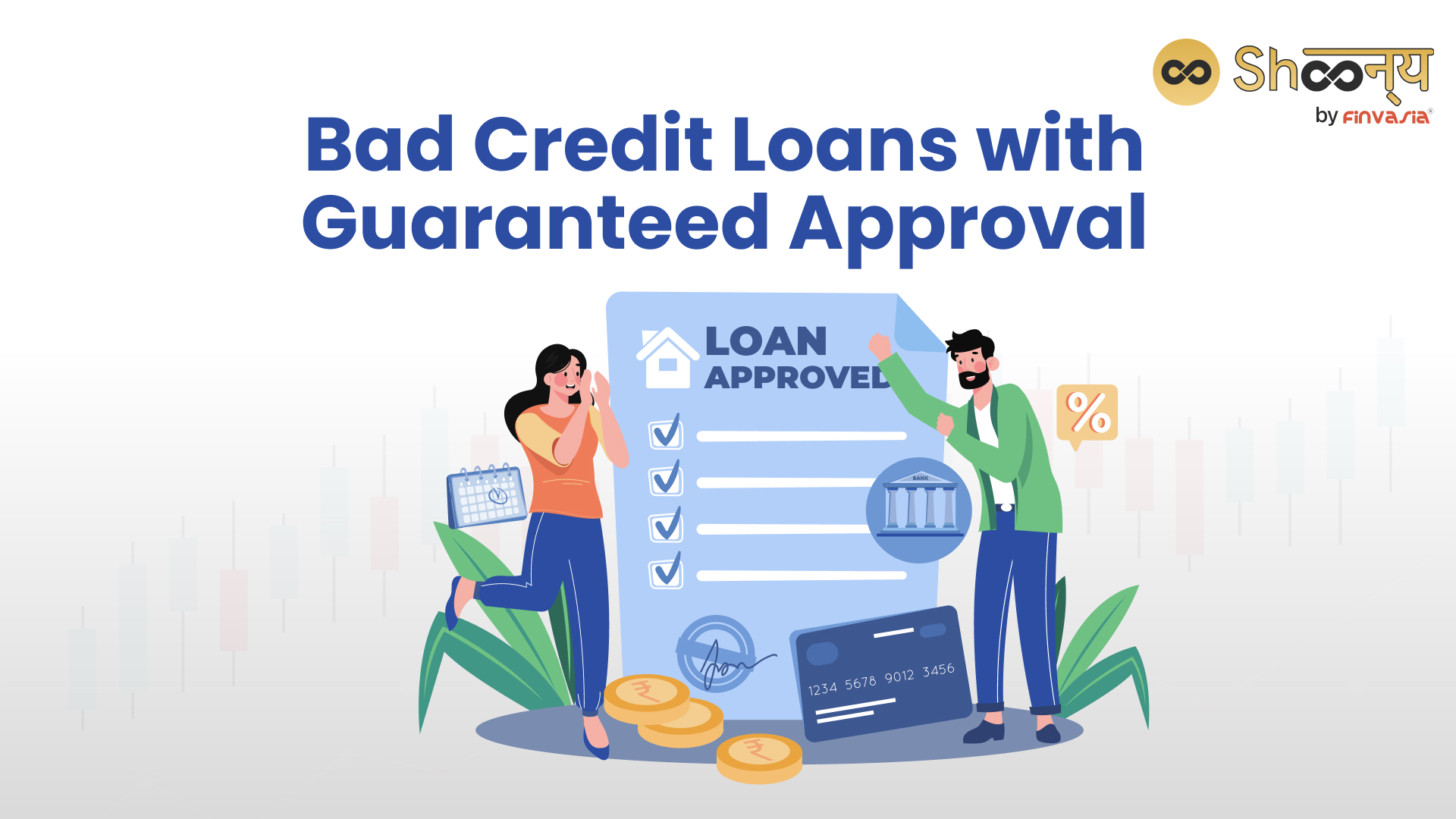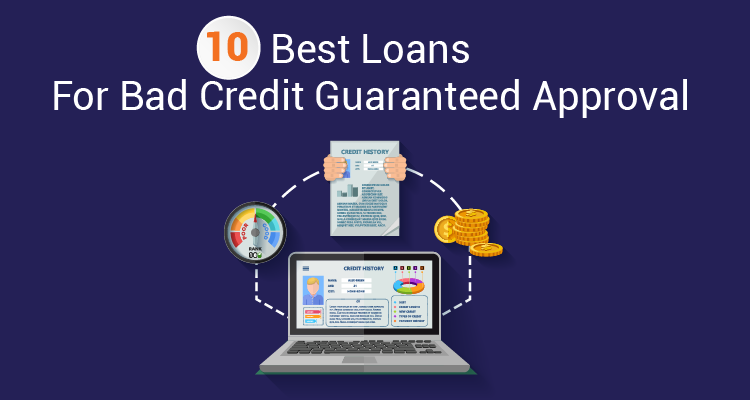Guaranteed $300 Loan With Bad Credit Online

The promise of quick cash, particularly a guaranteed $300 loan, is alluring for those facing financial hardship. This temptation can be especially strong for individuals with bad credit, who often struggle to access traditional lending options. However, the online lending landscape is rife with both legitimate opportunities and potential pitfalls, demanding careful navigation.
This article delves into the realities surrounding guaranteed $300 loans available online for individuals with poor credit. It will analyze the types of lenders offering these loans, the associated risks and benefits, and crucial steps borrowers should take to protect themselves from predatory practices. The ultimate goal is to equip readers with the knowledge to make informed decisions about their financial well-being and avoid potentially damaging debt cycles.
Understanding the "Guaranteed" Loan
The term "guaranteed" in the context of online loans should be approached with extreme skepticism. Legitimate lenders typically conduct credit checks and assess a borrower's ability to repay before approving a loan. A truly "guaranteed" loan, bypassing these checks, often indicates a higher risk of encountering predatory lending practices.
These lenders often target vulnerable individuals who have limited access to other financial resources. The allure of guaranteed approval can overshadow the potentially exorbitant interest rates and fees associated with these loans.
Types of Lenders and Loan Products
Several types of lenders may offer small, short-term loans to individuals with bad credit online. Payday lenders are among the most common. They provide small, short-term loans, typically due on the borrower's next payday.
Installment lenders offer loans that are repaid in a series of fixed payments over a longer period. Online lending platforms connect borrowers with a network of potential lenders. These platforms may offer a variety of loan products, including personal loans and lines of credit.
It's important to note that even legitimate lenders who cater to borrowers with bad credit will likely charge higher interest rates to compensate for the increased risk. This is confirmed by data from Experian, which shows a clear correlation between credit score and interest rate.
Risks and Dangers of Bad Credit Loans
The primary risk associated with "guaranteed" loans for individuals with bad credit is the potential for exorbitant interest rates and fees. These high costs can quickly lead to a debt trap, making it difficult for borrowers to repay the loan and further damaging their credit score.
Many such lenders operate outside the bounds of traditional banking regulations. This can result in unfair or abusive lending practices. Borrowers may find themselves facing aggressive collection tactics and hidden fees.
The Consumer Financial Protection Bureau (CFPB) has issued warnings about the dangers of predatory lending, emphasizing the importance of understanding loan terms and avoiding lenders who are not transparent about their fees and interest rates. Falling behind on payments can also lead to wage garnishment or lawsuits.
Protecting Yourself: Due Diligence is Key
Before considering a "guaranteed" loan, borrowers should thoroughly research the lender. Check for reviews online and verify the lender's licensing and registration with state regulatory agencies. The Better Business Bureau (BBB) is a good resource for checking a lender's reputation.
Carefully review the loan terms and conditions, paying close attention to the interest rate, fees, and repayment schedule. Understand the consequences of late or missed payments. Compare the loan offer with other available options to ensure you are getting the best possible deal.
Consider alternative solutions before resorting to a high-risk loan. Explore options like borrowing from friends or family, seeking assistance from local charities or non-profit organizations, or negotiating payment plans with creditors. Credit counseling can also be a valuable resource for managing debt and improving financial literacy.
The Importance of Credit Score Improvement
While "guaranteed" loans may seem like a quick fix, they often exacerbate underlying financial problems. The long-term solution lies in improving your credit score. This involves paying bills on time, reducing debt, and avoiding new credit inquiries.
There are several resources available to help individuals improve their credit. Credit reporting agencies like Experian, Equifax, and TransUnion offer free credit reports. These reports can help identify errors or inaccuracies that may be negatively impacting your score.
Building a positive credit history takes time and effort, but it opens doors to more favorable lending terms and lower interest rates in the future. This is a far more sustainable and responsible approach to managing your finances than relying on high-risk, short-term loans.
The Future of Online Lending
The online lending market is constantly evolving, with new regulations and technologies emerging regularly. The CFPB continues to monitor the industry and implement rules to protect consumers from predatory practices.
Technological advancements, such as artificial intelligence and machine learning, are being used to develop more sophisticated credit scoring models. These models may provide a more accurate assessment of risk and expand access to credit for individuals with limited credit histories.
However, it is crucial for borrowers to remain vigilant and informed. The allure of quick and easy loans will always be present, but understanding the risks and practicing responsible borrowing habits is essential for protecting your financial future. Only borrow what you truly need and can afford to repay, and always prioritize building a strong financial foundation rather than seeking short-term solutions that may lead to long-term problems.

/cloudfront-us-east-1.images.arcpublishing.com/dmn/VQTVMZKYXBBLVECIAWNZC46WME.jpg)
















